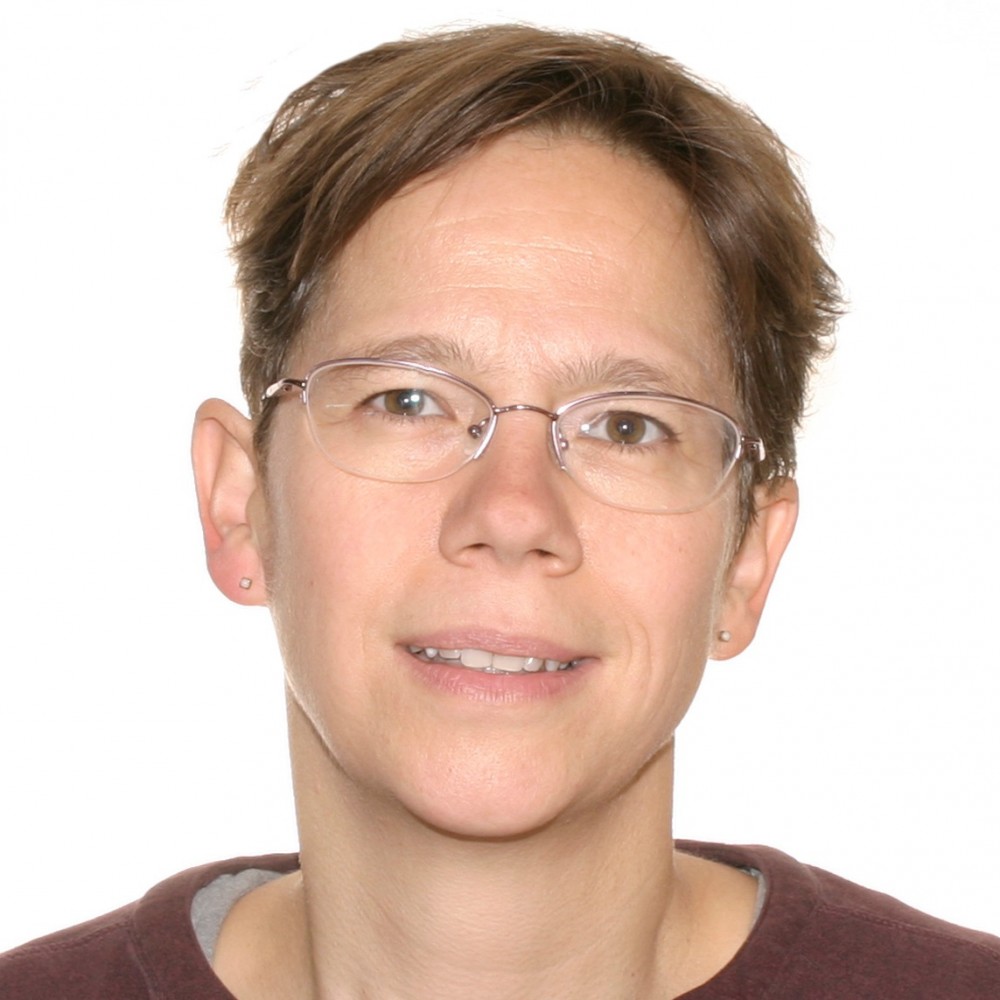Speakers
‹ Back
dr Annamária Zsákai
assoc. professor, Eotvos Lorand University
CV
Education
1992–1997: biology and chemistry teacher (MA), Eotvos Lorand University, Hungary
Scientific degree
2015: Habilitation, biology, Eotvos University
2006: PhD, Department of Biological Anthropology, Eotvos University
Institutional affiliation
Assoc. Prof., Department of Biological Anthropology, Eotvos University
Research interest
- pattern of human growth and development
- variations in human physique and body composition by age
- ageing and menopause
Teaching activities
from 2001 as lecturer and practical course leader – topics: Human biology, Human growth and development, Human morphology, Human anatomy, Statistics in human biology courses for BSc, MSc and PhD students – Eotvos University
Commissions of scientific societies
- General Secretary of the European Anthropological Association
- member of the European Anthropological Association Board
- member of the European Association for Population Studies
- Editor of Anthropologiai Kozlemenyek (Budapest, Hungary)
- member of the Committee on Anthropology, Section of Biological Sciences, Hungarian Academy of Sciences
- member of the Public Body of the Hungarian Academy of Sciences
- member of Human biological Section of Hungarian Biological Association
- member of the Editorial Board of Anthropologiai Kozlemenyek
- member of the Editorial Board of Women’s Health Care Journal
- member of the Editorial Board of International Journal of Anthropology
- member of the Editorial Board of the European Journal of Anatomy, Section of Physical Anthropology
Abstract
Abstract:Prof. Sheryl Hendriks, the keynote speaker in her exceptional lecture drew our attention to:
- competition we experience in scientific activities,
- we need evidence-based research and ethical behaviour,
- the factors having very strong influence on scientists to push us beyond the boundaries of ethics,
- the political, economic and social burden posed by our societies on ethics in science.
She emphasized that the common aim of scientists, policy makers and the societies to invite scientists, representatives of private and governmental sectors to a multidisciplinary table to find the best methods in research activity.
After resuming their impressions on the keynote lecture (e.g. inequality of minorities in science, the actual Hungarian example of the politicized science), the speakers were:
Prof. Nath emphasized global responsibility in the ethics and the urgent need of globally regulated methodology in special fields of science.
Prof. Zhenzhen described examples when aims and methodology could be accepted at local level, but not at global level.
Prof. Abdool Karim urged the initiation of more active conversation between science and community, emphasized the importance of global solidarity.
Prof. Asakawa by giving her personal experiences on disabilities, presented the right of disabled people to real word accessibility.
Prof. Saliba summed up the importance of personal and institutional conduct in the development of ethical behaviour. He urged the establishment of scientific collaborations to fight against the increased prices in science.